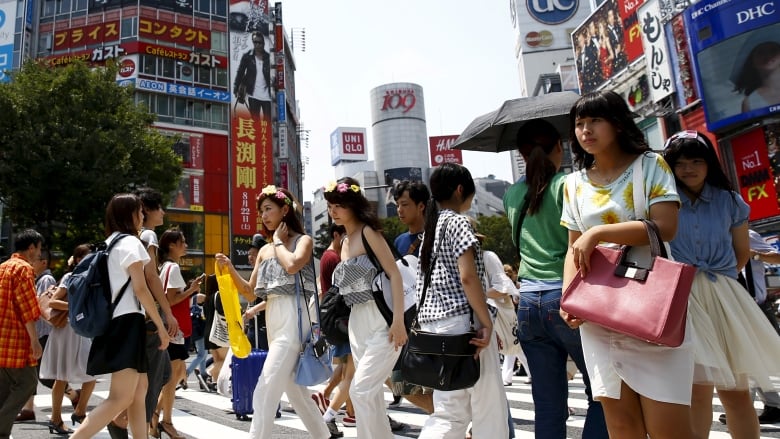Over 75s make up over 15% of Japan’s population for first time
The share of Japan’s older adult population, those over age 65, has been increasing every year since 1950 and is expected to reach 35.3% of the total population in 2040.
For the first time, Japan’s over 75s account for over 15% of the population, after their cohort rose by 720,000 to 19.37 million people, government data released Sunday showed, in further evidence of the country’s rapidly graying society.
Also hitting a record high this year was the number of those over 65 — 36.27 million people, accounting for 29.1% of the population, according to the Ministry of Internal Affairs and Communications data, which was released ahead of Monday’s Respect for the Aged Day holiday.
Japan tops the world rankings for the oldest society by proportion of over 65s, well above Italy in second place at 24.1% and third place Finland with 23.3%.
Elderly men totaled 15.74 million, making up 26.0% of the total male population, while the number of elderly women came to 20.53 million, accounting for 32.0% of the overall female population.
The share of the elderly population has been increasing every year since 1950. The National Institute of Population and Social Security Research expects the share to reach 35.3% of the total population in 2040, when the so-called second baby-boomer generation, or people born between 1971 and 1974 to postwar baby boomers, will be 65 or older.
A surge in elderly people presents problems for the country, affecting health care system improvements and efforts to reverse low birth rates and sustain regional communities.
Government data from 2021 also showed that the number of employed seniors had risen for an 18th consecutive year, increasing by 60,000 to 9.09 million.
While the proportion of over 65s working in 2022 was on par with last year’s 25.1%, for the first time the majority of people age 65 to 69 — 50.3% — had a job. Seniors comprised 13.5% of the workforce, 0.1 point below last year’s record high.
But there were signs of seniors quitting their jobs due to the effects of the coronavirus pandemic, with a notable decline seen since August 2021.
According to the data, as of Thursday, some 15.74 million male seniors and 20.53 million females were age 65 or over. The rise in the over 75s is attributed to the children of the first baby boom — which ran from 1947 to 1949 — reaching their 75th birthdays.
About 12.35 million people are age 80 and older, comprising 9.9% of the population, and around 2.65 million people are in their 90s — roughly 2.1% of the country.
When the communications ministry released the same figures last September, it reported that there were around 36.40 million seniors in the country, but the data was later revised down to 36.21 million based on the 2020 national census.
Read More @JapanTimes
653 views










